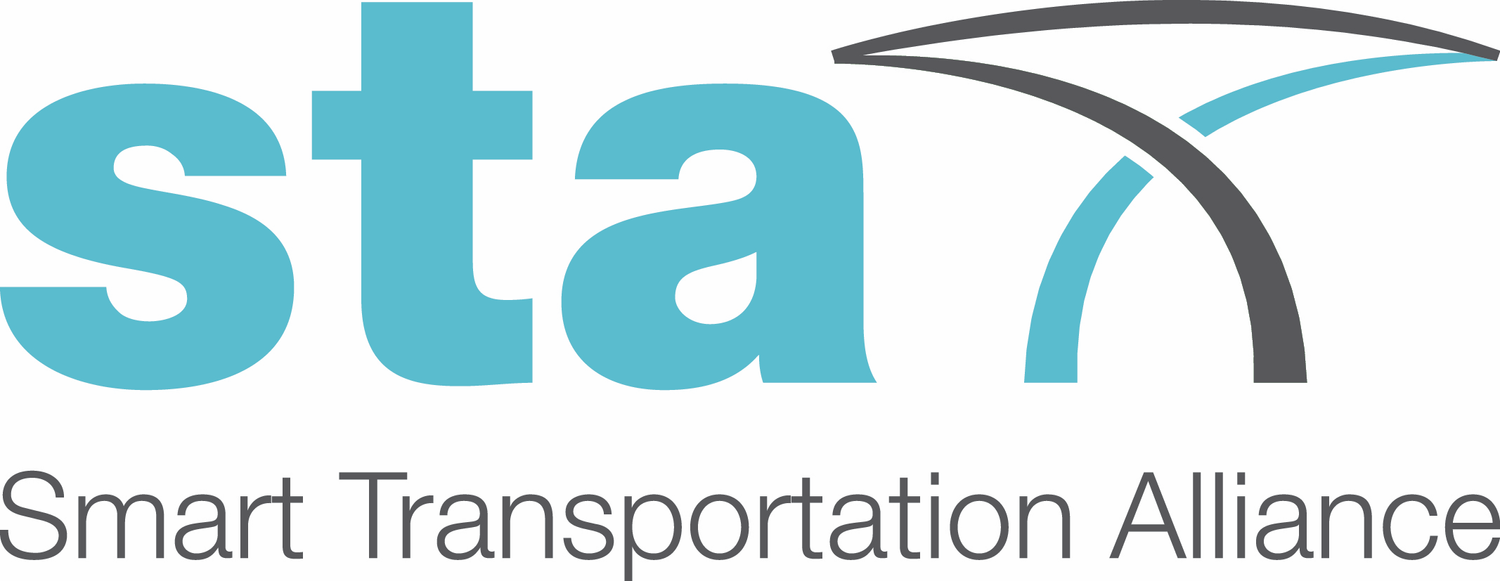STA Newsletter
Issue # May - June 2020
New STA Technical Report: A comparative study of road maintenance practices in Spain, United Kingdom, Germany, France and Italy
STA Discussion Paper reviews the integration of electric light vehicles (EL-Vs) in transportation infrastructures
New STA Technical Report: A comparative study of road maintenance practices in Spain, United Kingdom, Germany, France and Italy
A new STA publication summarises the key conclusions of a study commissioned by the Spanish Association of Road Maintenance and Exploitation Companies (ACEX), under the overall coordination of specialist firm Etelätär Innovation and the Smart Transportation Alliance (STA).
The objective of the study was to develop a solid comparison of the existing methodologies and practices of road maintenance and exploitation, as well as the economic and budgetary approaches in five ‘target’ countries: Spain, the United Kingdom, Germany, France and Italy.
Download the STA Technical Report:
Book your agenda for the 5th edition of the STA Annual Conference & Innovation Awards: Tuesday 24 November 2020
The STA Annual Conference will bring together once again key opinion leaders, researchers and business professionals under the theme: "A new era in Transportation Infrastructures: Lessons learned from the COVID-19 crisis".
Its format (virtual vs. presential) and its programme will be announced in due time. For now you can book your agenda for this unique opportunity to learn, reflect and engage with decision-makers and practitioners leading and supporting the improvement of methods, technologies and standards associated to transportation infrastructures.
STA General Meeting 2/2020 and meeting of Sub-Committee on Road Restraints Systems held during May-June 2020
The second STA General Meeting of the year, held on Monday 25 May, agreed on the date and general theme of the next edition of the STA Annual Conference & Innovation Awards, among other subjects.
The Sub-Committee on Road Restraints Systems (RRS) met as well on Monday 15 June and defined the next…
STA participates in the 17th COTEC Innovation Summit
STA has participated as an Institutional Partner to the 17th edition of the COTEC Innovation Summit (Portugal). This year’s edition was held under the theme “From 4.0 to Industrial Renaissance. The Next Steps for a Post COVID Era”
The event focused on the impact of COVID 19 and on debating the possibility of a European…
”A platform for knowledge management, STA’s mission is to lead and support activities improving the methods, technologies and standards associated to transportation infrastructures.”
NEWS OF INTEREST
IIHS Study: Self-driving vehicles could struggle to eliminate most crashes
According to a new study from the Insurance Institute for Highway Safety (IIHS), it’s likely that self-driving cars might only prevent a third of crashes if the systems are set up to drive the way people drive now. The IIHS concluded that, while self-driving vehicles would be better at detecting the world around them thanks to a suite of sensors that produce a 360-degree worldview, they'll still get into crashes. That's even if all the vehicles on the road were autonomous. The IIHS reviewed more than 5000 police-reported crashes from the National Motor Vehicle Crash Causation Survey.
Australia: TAC admits road safety barrier program was poorly implemented
The chief executive of the Transport Accident Commission (TAC) has accepted the findings of a Victorian Auditor-General report which said VicRoads didn't sufficiently plan its flexible barrier program and is likely to see cost overruns of more than 20 per cent.
"We need to do a better job of planning and delivering these barrier treatments, there is no doubt about that," Joe Calafiore told Virginia Trioli. However, he did defend the safety benefits of the program, saying that catastrophic injuries had been significantly reduced.
US: Enabling highways and bridges to prevent their own damage
‘Intelligent concrete’ could cut down on road repairs and traffic. Purdue University is developing technology that would allow concrete-paved bridges and highways to reveal more accurately when they need repairs and to come equipped with materials that respond to potential damage. At the same time as making concrete talk, the lab is developing a way that concrete could repair itself. It could prevent cracks caused by reopening roads too soon. Preventing cracks means fewer repair projects to replace the concrete, which would cut down on traffic typically held up by those projects.







